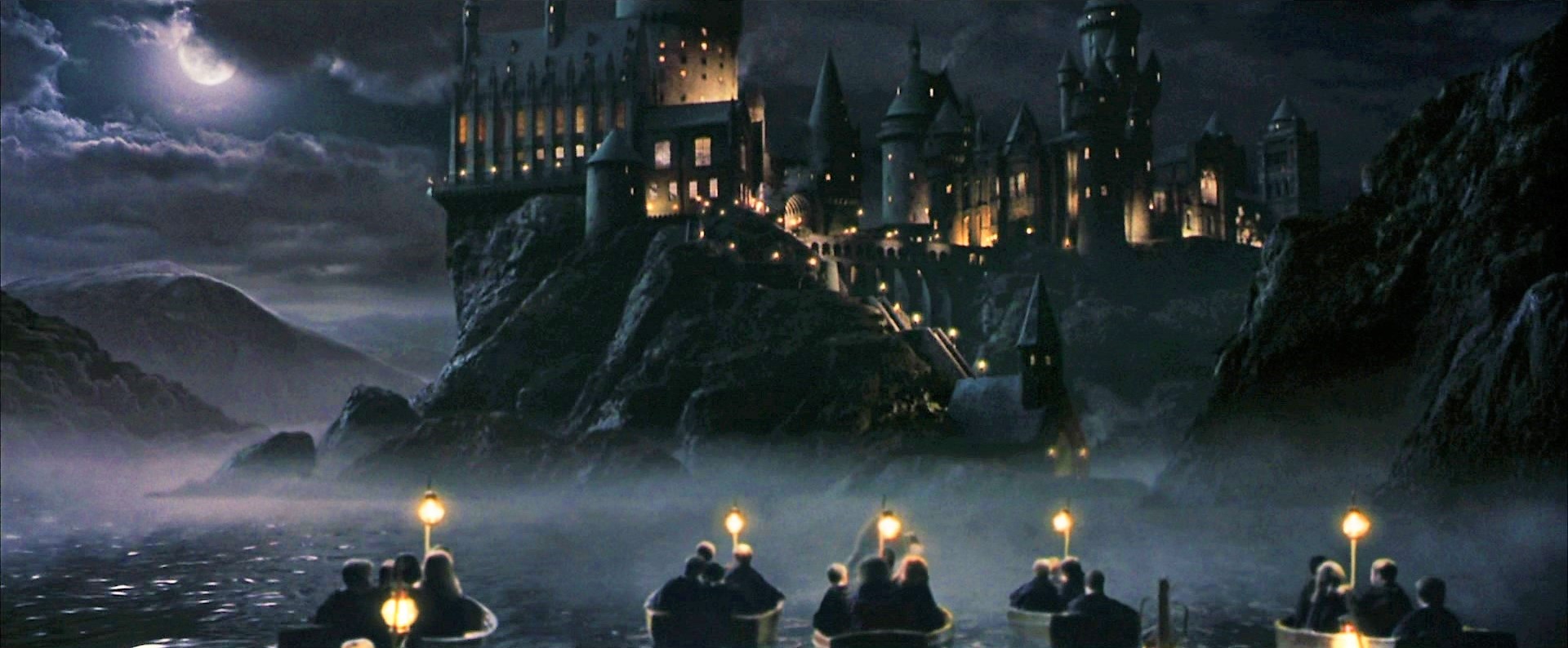Reimagining Harry Potter Already
I wish I could be academic about this. I really wish I could. So I’m going to try.
But first, I’m going to gush.
As the self proclaimed Video Game Nerd among my group of friends, I have no trouble with also saying that I may have also dabbled in Cartoons.
And yes, because if it exists, the internet will do terrible things to it sometimes;
I present to you, Nacho Punch productions.
Harry Potter Cyber Punk Adventure: The 1980s Anime
Yes. Yes it was as glorious as you don’t want to admit it was.
And in case you don’t think just about anything can get the same sort of treatment;
Star Wars: The Lost 1980s Anime
“But Shane,” I can hear you saying, “These are parodies, if anything. Not reimaginings.”
To which I reply; SHUT UP. THIS IS BEAUTIFUL.
Grand Theft Auto For Kids
I know people who would watch that last one for days.
I WOULD WATCH THAT LAST ONE FOR DAYS.
Okay. Now that I’ve gotten that out of my system.
I think these are all fantastic examples of the dramatic shift in tone that’s able to be achieved through the processes of either genre-shifts or medium-shifts. Just how different does the Harry Potter story become if it takes place in a Cyberpunk world? How different is the same narrative if it’s told not as a children’s novel written in England, but as as a Japanese cartoon written in the 1980s?
The Star Wars example stays more true to the source material, and shows a more obvious example of how this shift takes place as a part of the transition from American movie to Japanese cartoon. There is a more obvious focus on the emotional concerns of the protagonist (played here for laughs with a joke that relies on the “squick” factor of Luke and Leia’s revealed sibling relationship, and stereotypes about Japanese animation) while simultaneously ramping up the levels of action.
Lastly, that Grand Theft Auto could be converted into a Dora the Explorer style children’s cartoon is, frankly, a phenomenal achievement. Though at the same time, so much is lost in the translation. For all the attention that the media places on the crime “simulation” part of the game series, each entry in the franchise, following the release of Grand Theft Auto III, tries very hard to take itself seriously, and it presents a serious crime-drama narrative.
I’d like to take this as an opportunity to talk about this sort of thing, and to discuss what exactly makes something “lose” a part of itself in rendition or adaptation.
But even more than that, I want you to just link similar videos. Because those were amazing.
Thank you, Nacho Punch, for brightening my day.











